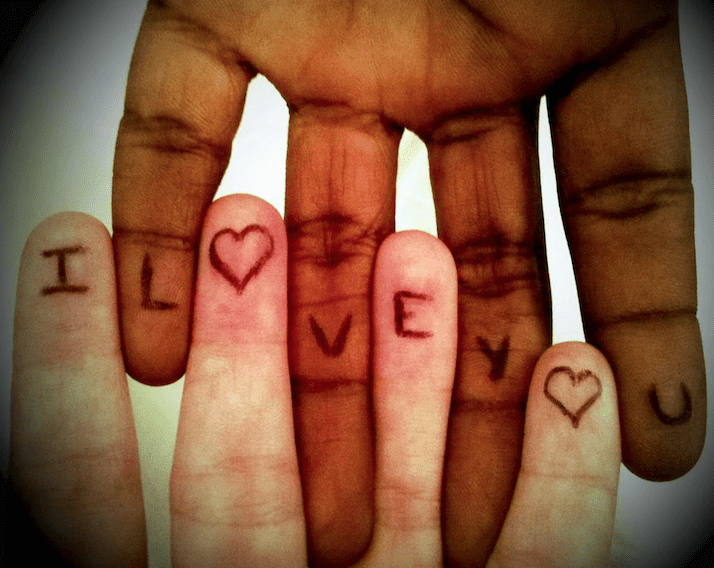As someone in recovery from both addiction and bipolar disorder, I often find it difficult to know when to share this part of my life with someone else. I recently ended a three-year relationship and began dating again. I try to be upfront about the addiction because I am still very involved in daily recovery from that disease. In addition, substance addiction is more stigmatized even than mental illness. There is the belief that addiction is a choice and a disease of morals whereas mental illness has made much more progress in dispelling the stigmas and educating people on the physiology of mental illness. Few people still view mental illness as a moral failing in recent years.
About a month ago, I met a man who has been a joy and blessing to my life. Within days I told him about my struggles with addiction and he was very understanding about the addiction, but I forgot completely to mention the bipolar disorder. I guess that is indicative of the fact that I see my bipolar disorder as 100% an illness that I never consented to or picked up or in any way contributed to. Over the past 15 years I have found that my symptoms are largely controlled and treated through medication, provided I take the medication as directed. However in telling him about my bipolar disorder, which I did by sending him to the website, I opened up all those insecurities about how bipolar is portrayed in the media, how people view mental illness and how this might affect my relationship with him.
After he and I talked and he had read my articles on International Bipolar Foundation pages, he said simply I didn’t know you were bipolar. I found myself immediately getting on the defensive, explaining myself and explaining that I have been successfully medicated for 15 years. His reaction was kind but I was more concerned with my own reaction. I think it all comes back to internalized stigma. I can post a thousand things on my Facebook page, I can write 1000 blogs and I can look up to and talk to a thousand people living with bipolar disorder, but somewhere deep inside I still like I should be ashamed. Like somehow I had caused this to happen; when it couldn’t be farther from the truth.
Lessons learned:
- Before disclosing to a potential intimate partner, know how you REALLY feel about your bipolar disorder. Are you harboring feelings of mislaid guilt and shame? Have you educated yourself? Do you accept the findings that it is a biological disorder versus a moral one?
- Dont disclose in third person (in other words, dont send them to your blog!). Sit down with them and talk about it in person, read their body language so you know when to say more or less, facts or emotions.
- Use I statements, such as I have researched the issue and I feel as though there is sound evidence to suggest it is .
- Be gentle and understanding, not defensive.
- Prepare in advance to dispel myths.
Disclosure can be scary, but it doesnt have to be! Get advice from your mental health team, family and friends (How would you have liked me to disclose to you?). Moreover, at the end of the day, remember that you are not the sum of your bipolar disorder, you have good and bad components that make up your essence and anyone who loves you will have to deal with (and, hopefully, celebrate) the ones they know about and those they discover along the way.
Read the rest of Liz’s posts here.


